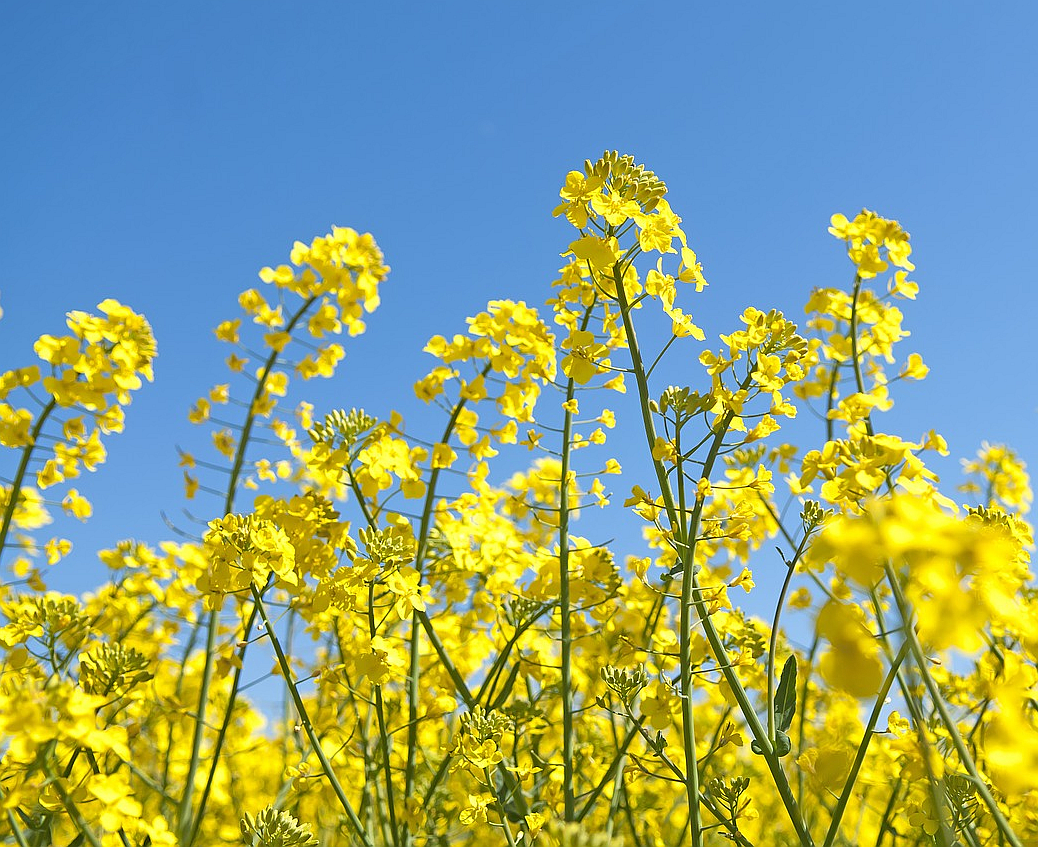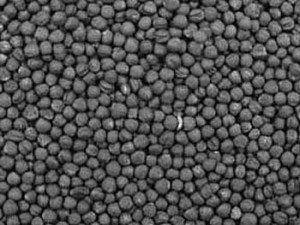 What is canola, the source of canola oil? Have you ever seen this little green plant with a brownish tubular shoot rising above the…? No. Wait a minute. Don’t leave. Not yet anyway. I’m not going to lie to you. There’s no such thing as a canola.
What is canola, the source of canola oil? Have you ever seen this little green plant with a brownish tubular shoot rising above the…? No. Wait a minute. Don’t leave. Not yet anyway. I’m not going to lie to you. There’s no such thing as a canola.
What is Canola? What is Canola Oil?
What is canola? The word stands for Canadian Oil, Low Acid. So the oil comes from Canada. And, whether naturally or artificially, it is low in acid. But what is a canola? What kind of plant is that? From the rapeseed plant. Sound appetizing? Let’s not judge a book by its cover.
A Matter of Breeding?
J.Am.Coll.Nutr. (1989), in an article by J. Dupont, et al reports, canola oil is “expressed from a cultivar of rapeseed that was selectively bred from old varieties in Canada to be very low in erucic acid…” This move was taken to reduce the health risk of hypercholesterolemia. In other words, the measure was taken to decrease the likelihood of consumers developing coronary artery disease.
A Change for the Better?

Hence, at least originally, canola oil was not the product of genetic modification. Much of the oil currently in use, notably since the beginning of the 21st century, does come from modified plants, but that was not the original approach to improving the product so that it would be safer for human consumption. So the issue is two-fold. Is non-GMO rapeseed-based oil safe for consumption, and if it is, can the same be said for its GMO counterpart?
Is It Safe?
Modified or not, canola oil is considered by the Food and Drug Administration to be GRAS, or generally recognized as safe. A 2012 letter to the FDA, here linked, indicates the oil is safe overall, but suggests some cautionary measures be taken in the preparation of infant formula products.
Note: You might also enjoy Olive Oil and Peanut Oil Fat Composition and Percentages
References:
- FDA: Code of Federal Regulations – Rapeseed Oil
- USDA: Commodity Intelligence Report – Biodiesel Demand Continues Pushing Rapeseed Are Up In The EU
- GMO Compass: Rapeseed
- FDA: Agency Response Letter GRAS Notice No. GRN 000425

I think I might just go back to using corn oil. Olive oil is a better choice for certain types of recipes. Rapeseed sounds pretty unpleasant but I have used this in some recipes as well. Canola sounds better.
Don’t forget the option of peanut oil, Anthony. It is very useful for cooking at high temperatures, and it is unobtrusive in taste.
I now use solid fats for cooking, such as butter, lard and coconut oil. I use olive oil where no cooking is required. Rapeseed plants grow wild here, as escapes from the fields.
Very interesting, Meg. Escapes, eh? GMO escapes or natural escapes? I don’t care for canola, but my wife buys it. I hate soy. I like butter and olive oil.
Interesting. We grew Brassica rapa plants when I taught 5th grade to study the life cycle of plants – seed to seed. These plants grow very rapidly, so every day the students could observe and record the changes. We even made “bee sticks” to pollinate them. It was a great unit, with lots of drawings, journaling, and graphing.
Hi, Carolee… I really appreciate your “visit.” The topic of canola oil is a popular one on the internet. Too bad it is so often misrepresented. There are many factors related to the topic. But you presented a different aspect from any I had anticipated.
I understood that rapeseed oil was originally used for pesticide in Canada, it was banned by the FDA up until 2012 then, I guess if you payoff the FDA its suddenly fine for humans.
Check out the Snopes’ response concerning the use of rapeseed (now Canola) oil. It’s age-old and has been in use since before there even was a Canada.